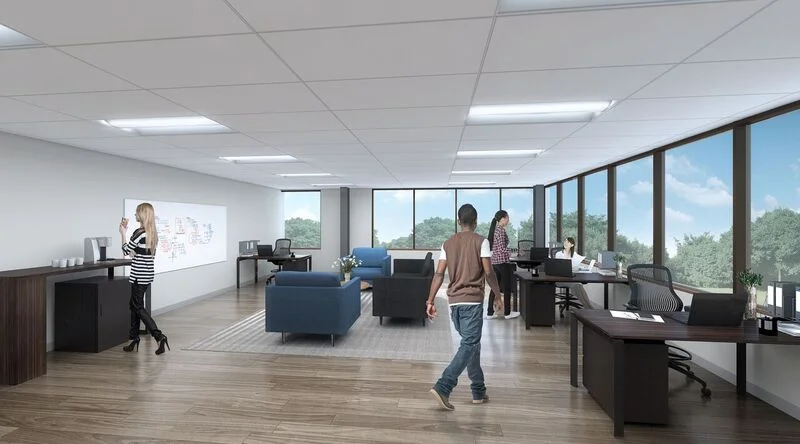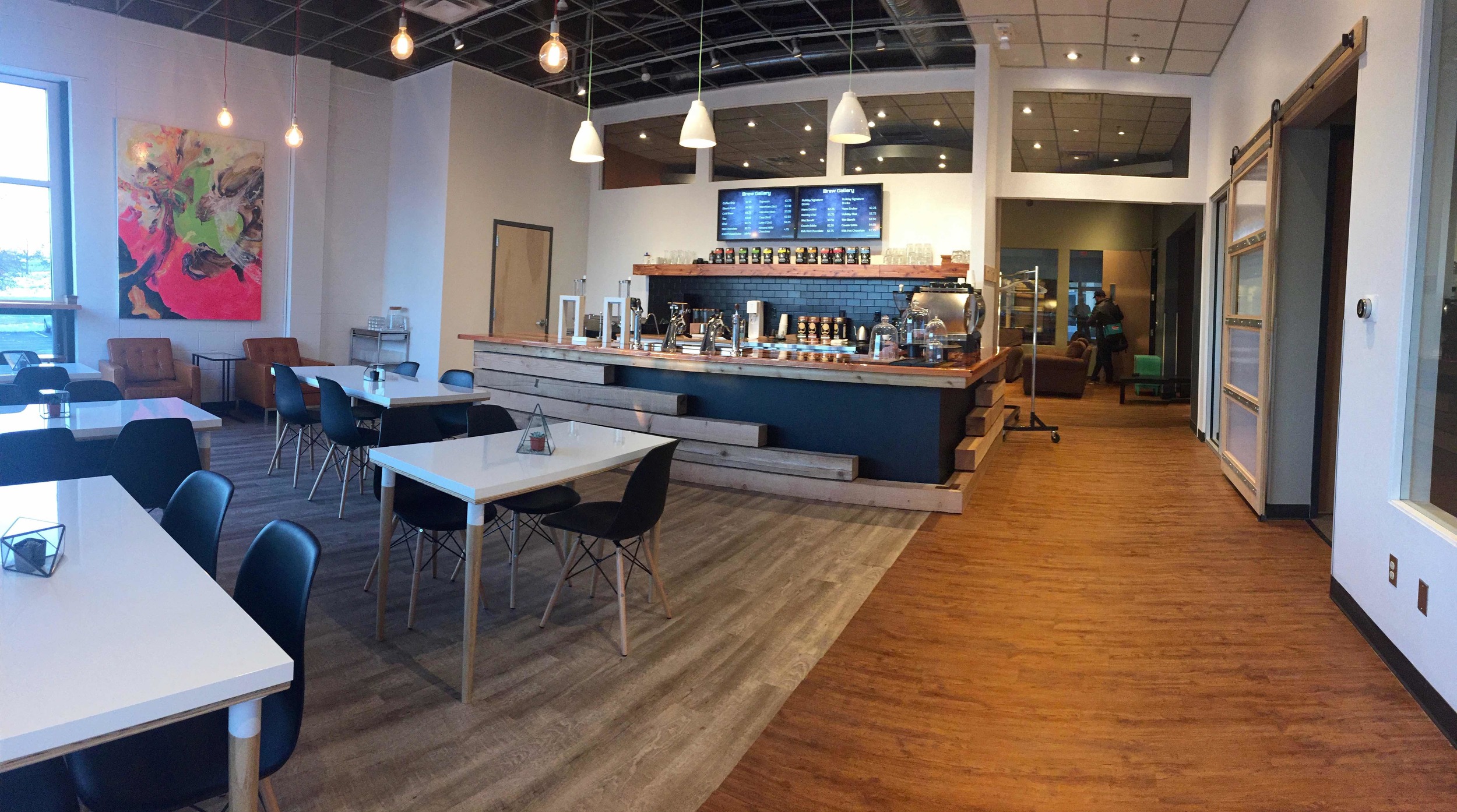EnCorps Partners, LLC. will soon open Cowork KCI, a 283,000 SF Class-A property located in the Platte County, MO., KCI corridor.
Co-working experts and EnCorps partners, Robert L. Curland and Terri S. Turner, who also helped launch iWerx North Kansas City and iWerx Gladstone, say CoWork KCI features traditional and co-working office options.
“Co-working and flex real estate solutions are reshaping the U.S. office market,” said Turner, who also serves as president of the Kansas City Coworking Alliance.
“We are excited to provide an innovative approach to office space designed to meet the needs of contractors who are rebuilding the airport terminal and growing the KCI corridor,” Turner said.
CoWork KCI plans to promote business growth in the KCI corridor and serve as a catalyst to local and visiting business professionals.
“Our vision is to provide a resource to contractors and vendors who need turnkey offices and collaboration spaces on a month-to-month basis as they build the airport,” Curland said.
The Kansas City AFL-CIO and Veterans Community Project have endorsed the CoWork KCI vision and project.
“As Kansas City continues to grow, we are experiencing a shortage of Class-A office space,”stated Edward Collins, founder of Collins Cook Realty and buyer of 12200 NW AmbassadorDrive, the property which houses CoWork KCI.
Whether members choose traditional or co-working office space, all are afforded access to dozens of amenities including community kitchens, free parking, marketing support and 24/7 secured access. Co-working space is offered on a month-to-month basis with no large upfront deposits or fees.
EnCorps Partners, LLC works with developers and city officials to create sustainable, flex office spaces tailored to community needs. Curland and Turner currently are offering a pre-opening special and can be reached at info@CoworkKCI.com.

















